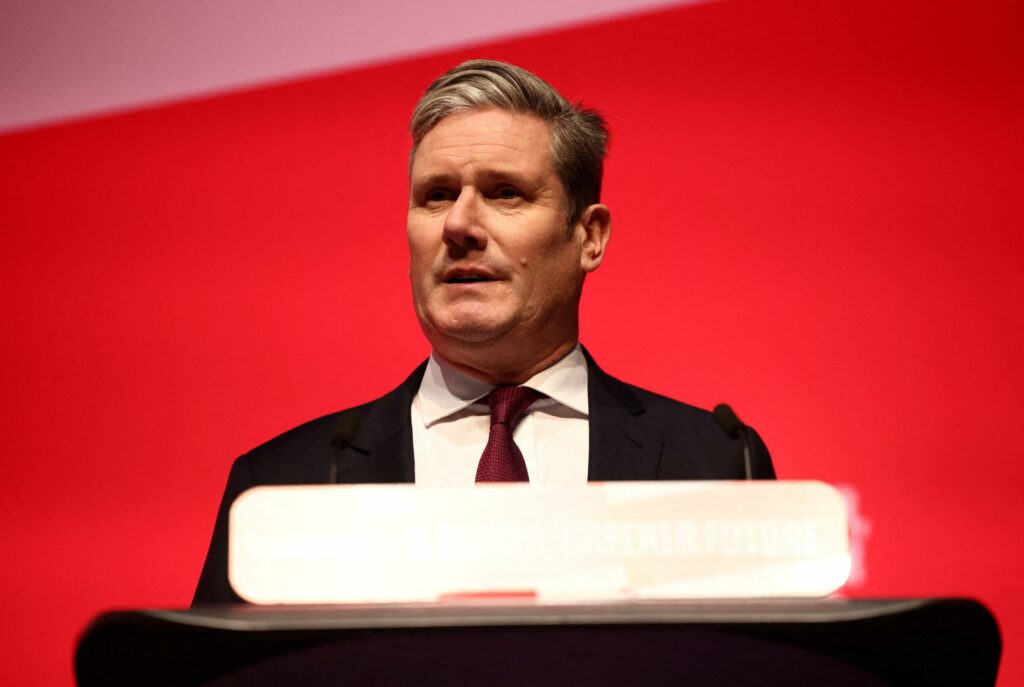Whether you’re into politics or not, many of the news headlines during the month of October are about party conferences. This year that includes scrapping A-Levels and the HS2 rail project detailed in Prime Minister Rishi Sunak’s speech on October 4. As an outsider, it feels overwhelming and staged. So, who are the party conferences for?
I am writing this in the middle of party conference season and the British media is reporting and reacting to every soundbite at this year’s party conferences. The Tory Party has just wrapped up while the Labour Party’s is yet to come. Despite our two-party system, we cannot forget that the Green Party conference happened in the same week as the Conservatives and the Lib Dems in September.
Everything is scrutinised by journalists, from the location to the speeches, and we’re made to believe that these annual party conferences are a big deal. Yet when I started to look a bit closer, they seemed less and less relevant to the average person.
Before I go on, I must admit, I have never been to a party conference. Therefore, writing this column initially seemed a little hypocritical. However, I quickly realised that party membership hovers around 1-2%, therefore I am in the majority, not the minority. Researching further made me realise that people like me don’t join parties. 18–34-year-olds make up less than 20% of membership. To top it off, members of all parties are typically in their 50’s, male, middle-class, and overwhelming white (Party Members Project).
Looking past the initial hurdle of membership, the conferences are packed with speeches, panels, discussions, and parties. That’s right, free tabs, drinks events and ‘discos’ are part of conference schedules that members can look forward to. Beyond political spectacle, sessions are an opportunity for members to come together in person from across the country rather than remaining localised or isolated on virtual calls.

Members gain new status while they’re at the conference, often described as the ‘faithful’ or party ‘loyalists’ in the media. You would think that the conference would be all about them; an opportunity to discuss amongst themselves of what’s working (or not) in their party. Instead, party conferences seem primarily focused on creating media coverage fanfare. Especially with an election on the horizon, party conferences are yet another opportunity to speak to voters. But are the rest of us listening?
The jury is still out on whether party conferences really sway the average voter or not. Dramatic announcements can sway voters initially but arguably voters have already made up their minds. Parties will always have new announcements and policies that create headlines and they’re always pumped out on social media anyway. So why bother?
While it feels out of touch for the average voter, I don’t believe that party conferences are completely useless – despite my incendiary title. What should be carefully considered is the extent of news coverage to the point of overload. In an ever-saturated media landscape, the political party conference seems out of step with modern-day Britons. Conferences could bring greater value to the average person if they embrace their true intention of reaching voters. I see two choices, turning in and leaving the media parade behind or looking out and offering genuinely innovative ways to engage the wider public.


